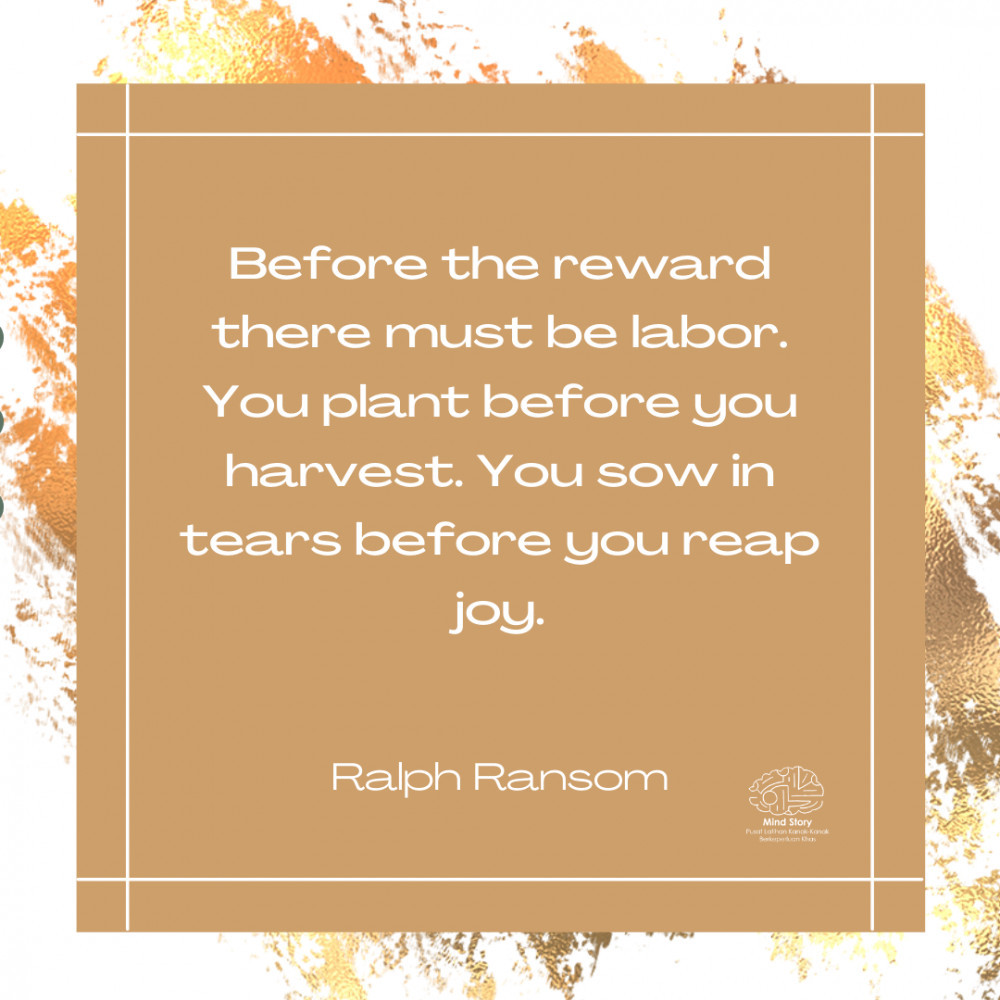

I often hear frustration from parents for they are at ends of how to manage their child or their child reacted differently from what a typical child may have responded. Having said that, parents need to be aware that you are in control of the environment for you give to your child. Your child respond to you in the environment which you provided them with, including the boundary.
Importance of Boundary
Human beings are a creatures of habit. We like routine and generally does not welcome surprises. As you create boundary for your child, you are supporting their development in providing them a safe zone where they can explore and grow according to their development. By creating a boundary, you are essentially providing a sense of security, self esteem and setting clear expectations for your child.
- Sense of security – Your child knows they are in a safe environment. They are allowed to explore in the space provided without nasty surprises (such as books falling off shelves or sudden reprimand of their actions). For example, you place your child in baby crib. Your little one can roll, stand and do what he / she wants in the crib – with limited risk of falling out of crib or injuring self with their actions. You (and your little one) knows that you are safe.
- Self-esteem – When your child has mastered certain skills, their confidence grow. They know how and what they are capable of doing plus their behavior gained your approval and recognition. For example, when your little one learn to toddles, you would insist that he or she to hold your hands while they walk. You would make sure an adult is with your little one while he / she learn how to walk. As he / she does it more frequently, he / she acquire the skill to walk independently.
- Setting expectations – Your child is clear of their expected behavior that meets your approval. They know clearly their role and responsibility of what you have assigned or tasked them to do. For example, one of the rules that you have set is no screen time during meal time. As you have communicate that expectation, thus, they would not ask for screen time during meal time.
Boundary settings requires constant adjustment with your child’s development. Comparing a toddler who has just started to learn how to walk to a toddler who has acquired the skill to walk independently, the boundary set for each child is different. For the one just learning how to walk, you would expect them to hold on something (or someone). For the one who can walk independently, you would want them to walk safely. Their boundaries are different.
Where, When, Who and How when setting boundary
You should set boundary everywhere and for every occasion. You should have boundary for shower, meal time, play time, nap time and bed time. You should have boundary set for every one in the family, young and old. Boundary should be set for bedroom, living room, kitchen and bathroom. Let’s not forget, playground, restaurant and grandma’s house.
I know, it sounds daunting. Not if you start when your child is young. Furthermore, imagine the reward that you will get at the end (somewhere), where you can just relax with your cup of tea while your little one playing safely and appropriately in her corner.
Challenges when creating boundary
If creating boundary is so important and helpful, why are parents not doing it? Some tried and gave up. Some said it is too difficult. Dr. Henry Cloud and Dr. John Townsend in their book, Boundaries With Kids (When to Say Yes, When to Say No, to Help Your Children Gain Control of Their Lives) has highlighted some of the obstacles to teaching boundaries namely, depending on child, overidentifying with child, thinking love and separateness are enemies, ignoring and zapping and being worn down. Here are how I understand them:

Your personal needs
We have our needs – we are human. However, we need to choose how (or who) can fulfill our needs. Some parents are fearful of letting their children get upsets because they are worried that their children will leave them. Because of that, they are fearful of creating boundary for their children because children gets upsets when their demands are not met. Look, children leave when it is time for them to leave. If you are afraid of being lonely, get friends or stay in a retirement village or get a hobby.
Fear of your own past “bad” experiences
All parents want to provide the best for their children. Therefore, you want to to give your child the best experience possible. Which is probably the reason you want to prevent your children from experiencing all the “bad” experiences you experienced when you were young. However, your child is NOT you. To be really honest, you are who you are today because of all the good and bad experiences that you had. Having to say “No” to a child when they asked for another toy is hardly giving them a childhood trauma. Or leaving your crying child with a nanny while you take time off to recharge yourself once a week is hardly depriving them of time with you.
Loving your child
But, I love my child. Yes, you do. Love knows no boundaries. True, yet, it does not mean that all the people your child is going to meet are all going to love him / her. Or, they will accommodate your child the way you have accommodated them. You have the responsibility to prepare them to meet the world. That includes setting boundary of what they can or cannot do, with themselves, family, friends, school and community.
They are just children
Oh, they are just children. Boys will be boys. They will outgrow it. If you are lucky. Turning away from their “unacceptable” behavior and hope that they will outgrow it is as good as expecting someone else to clean up after you. If you do not set them right at the beginning and consistently, how would that support your child when he / she grows up. Who will tolerate them just because they are boys (or girls)? However, you cannot expect your child to do it right the first time or all the time. Allow room for “mistakes” for the lesson we want to impart is we learn from our mistakes by correcting it.
Too worn out
Last but not least, you are too tired. After a whole day at work, rushing for projects or meetings and deadlines, you are just too tired to deal with the boundary. Or after a whole day of doing house chores, you have no energy left to deal with your child’s whining or screaming. Here is your reality – what kind of person would you want your child to grow up to be? What do you need to do TODAY in order for your child to be the person you want them to be?
Your choice TODAY decides your child’s future
Character takes time to build and it takes boundaries (and setbacks) for your child to be a stronger and better person. If you are providing everything at ease and your child never has to work for anything in their life, they may just ended up as the strawberry generation, easily hurt, bruised and not able to withstand pressure and challenges that life throws at them. The CHOICE is yours.